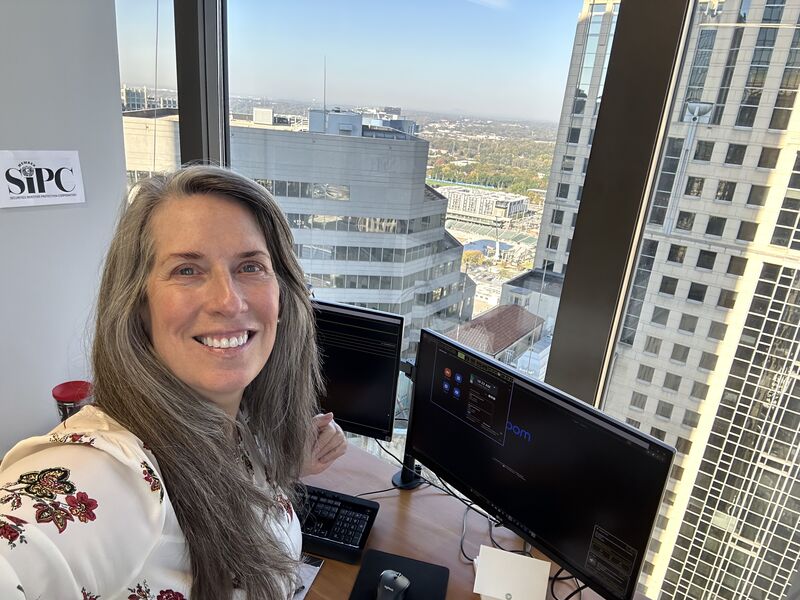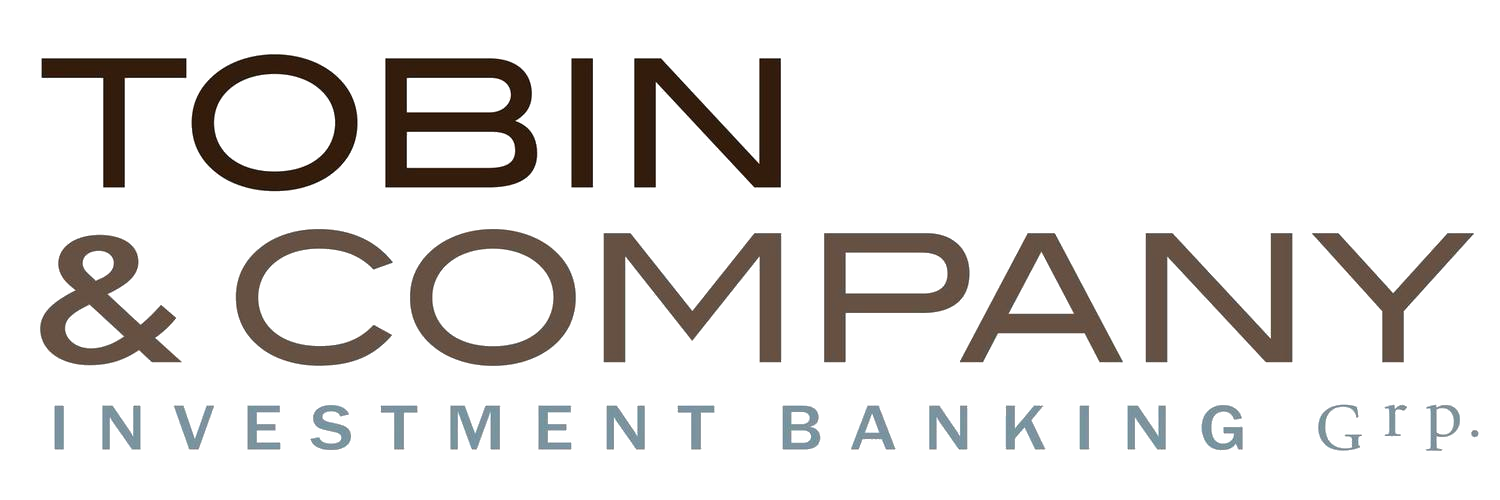Last month, I joined a panel at the Private Company Governance Summit in Washington, D.C., focused on a critical but often-overlooked issue: conflicts of interest on newer private company boards. The conversation, moderated by Bill Hayes and joined by Tom Sween and Jim McHugh, sparked a level of engagement that confirmed what I’ve long believed: private company boards are vulnerable, especially when they’re newly formed.
Here’s what I shared.
Why Are Newer Boards More Susceptible to Conflicts?
Boards have six essential roles:
- Fiduciary Oversight – Safeguarding shareholders’ interests
- Strategic Stewardship – Shaping vision without overreaching
- Accountability for Leadership – Hiring and holding the CEO accountable
- Credibility Signaling – Building trust with stakeholders
- Guardrails for Conflicts and Culture – Setting policies on conflicts, equity, pay, and ethics
- Continuity Beyond the Founders – Preserving memory and consistency
For newer boards, the risk is highest in that fifth role ― guardrails for conflicts. Why? Because these boards are often inexperienced. They lack the discipline, structure, and deep understanding necessary to spot and manage conflicts before they spiral. Newer boards need help; they need vetting, process, and oversight.
What Should Boards Do to Uncover Conflicts?
Three things matter most:
- Affiliations – Where else are each of the directors tied through business or investments?
- Business Relationships – Are there existing or potential vendor, customer, or advisory connections with the company?
- Family Ties – Are immediate family members employed by, invested in, or tied to the company?
That’s standard. What’s not standard, but should be, is scrutiny of intimate relationships outside of family. These relationships, often impulsive and unreported, can become the most explosive conflicts.
I shared the example of Ashley Buchanan, former CEO of Kohl’s, who was terminated for an undisclosed, intimate relationship with a consultant from BCG, someone to whom he awarded a contract. That situation unraveled fast, and both parties lost their jobs. It happens quite often, even beyond the stories we read in the news.
Boards need to ask the hard questions. Formal processes like onboarding questionnaires and annual conflict attestations are necessary, but they’re not enough. Real vetting happens in informal settings – conversations over coffee, dinners after meetings, the quiet moments when trust builds and truths emerge.
Regulated Industries: A Useful Lens
I have served on a number of private company boards. I am typically invited to serve not only because of my background and expertise in finance, but also because I operate an investment bank and am a broker-dealer, an entity subject to intensive regulatory oversight.
In the broker dealer world, we don’t get to avoid conflict management. We report, disclose, document, and follow up constantly. FINRA requires BDs to track outside business activities, private securities transactions, compensation arrangements, and vendor entanglements. This constant scrutiny shapes how I approach board service, and how I believe boards should function, whether regulated or not.
At the Summit, I emphasized this point: every board should include at least one person who understands how to operate under sustained regulatory expectations. It’s not about paranoia, it’s about preparedness.
Closing the Gaps
Governance, especially for newer boards, can’t be built on good intentions alone. It requires structure and process. And, it demands the discipline to examine not only what is on paper but also what exists just beneath it.
This conversation at the Summit was a start. What happens next, within our own boardrooms, matters even more. I look forward to hearing how your private company board activities are going. It would be great to support one another.

Justine Tobin
Founder and CEO
(704) 334-2772
This newsletter is not intended to provide legal or investment advice and no legal or business decision should be based on its content. FYI.



















